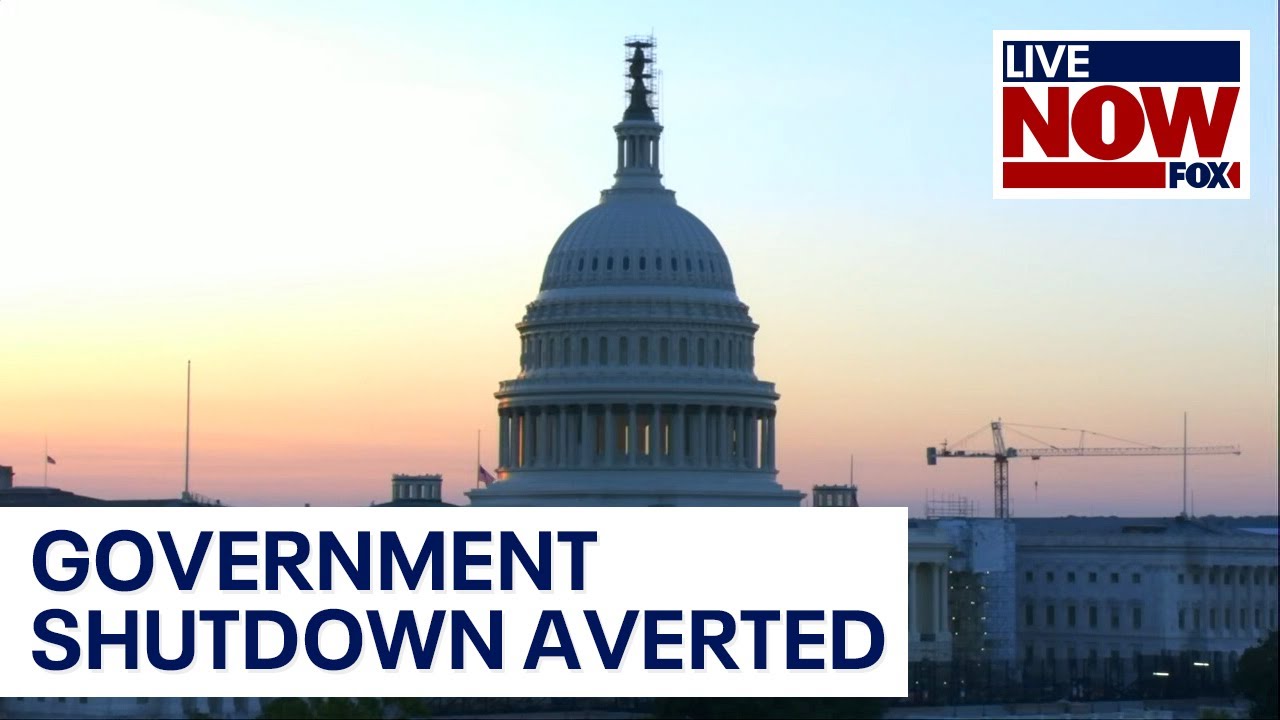As the clock ticked menacingly towards a looming shutdown, the U.S. Senate, in a move that was more nail-biter than slam dunk, managed to pull the country back from the brink – but only just. This isn’t a time to pop the champagne yet. This is the U.S. we are talking about, where political tug-of-war is the national sport, and the game is far from over. The Senate bill, which barely scraped through to avert a partial government shutdown this weekend, is like putting a band-aid on a bullet wound.
With the House of Representatives toeing the line and approving a stopgap bill to fund the federal government through early March, it’s a temporary sigh of relief. The bill sailed through with a 314-108 vote, but let’s not kid ourselves – it’s hardly a unanimous choir of kumbaya. Among the naysayers were 106 Republicans and two Democrats, signaling that not everyone is on board with this temporary fix.
The Tug-of-War Continues
Now, let’s talk about the man of the hour, Senate Majority Leader Chuck Schumer. He was all smiles, assuring us there won’t be a shutdown come Friday. But let’s not forget the far-right House Republicans who aren’t exactly sharing Schumer’s enthusiasm. They view this bipartisan move as a loss, a capitulation to the whims of the Senate. It’s like watching a political soap opera, but the stakes are real and high.
The snowstorm forecast added an extra layer of urgency, hastening the votes. It’s ironic, isn’t it? Mother Nature doing what political pressure sometimes can’t. Meanwhile, the Democratic-majority Senate and the Republican-controlled House are scrambling to keep the lights on. It’s January, and they’re already behind in their fundamental duty of funding the government for the fiscal year that began in October. Talk about being fashionably late.
Dollars and Discord
Chuck Schumer, alongside his House Republican counterpart, Mike Johnson, initially agreed to a $1.59 trillion discretionary spending level. But, hold your horses, because the Democrats now claim the figure is $1.66 trillion. It’s like agreeing on a dinner venue only to realize one party thought it was sushi, and the other assumed it was steak. This disagreement is just another day in the life of a bitterly divided Congress.
The national debt is skyrocketing, touching a staggering $34.4 trillion. It’s a number so big, it’s almost make-believe. The Treasury Department must be having nightmares about the interest payments. This third stopgap funding bill, or the “continuing resolution,” is like hitting the snooze button on an alarm clock. It buys time until March, but the underlying issues remain unresolved.
House Speaker Mike Johnson, though managing to navigate these turbulent waters, isn’t out of the woods yet. He’s playing a high-stakes game, and the hardliners in his party are watching his every move. Remember Kevin McCarthy? Yeah, he was in Johnson’s shoes once, and look where it got him.
But let’s not forget the U.S. House of Representatives, who, in a dramatic Thursday session, passed the bill to prevent the shutdown. This move is more than just keeping the government lights on; it’s about buying time for bigger battles, like the contentious negotiations over aid to Ukraine. The bill’s passage was a necessary step, but it’s hardly a victory lap moment.
Congressional leaders can now hopefully resume negotiations to craft a compromise on additional funding for Ukraine. With Biden warning of a “disaster” if a deal isn’t reached, the pressure is mounting. This isn’t just about keeping the government afloat; it’s about international obligations and a show of unity in a fractious political landscape.
The far-right House Freedom Caucus isn’t mincing words, accusing their Republican colleagues of continuing what they see as the failed policies of the past. They view this stopgap as a betrayal, a continuation of the status quo, and they’re not shy about expressing their displeasure.
In the backdrop, Donald Trump, eyeing the 2024 GOP nomination, is vocal against more Ukraine aid, urging Republicans to stand firm. His take-no-prisoners approach and fiery rhetoric are adding fuel to an already blazing fire.
So, as we watch this political drama unfold, remember this – a government shutdown might have been averted for now, but the underlying cracks are still there, wide and deep. The U.S. political landscape is a chessboard, and the game being played is complex and far from over.





